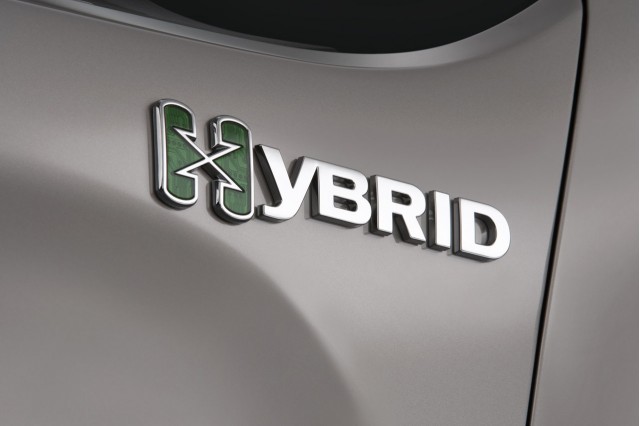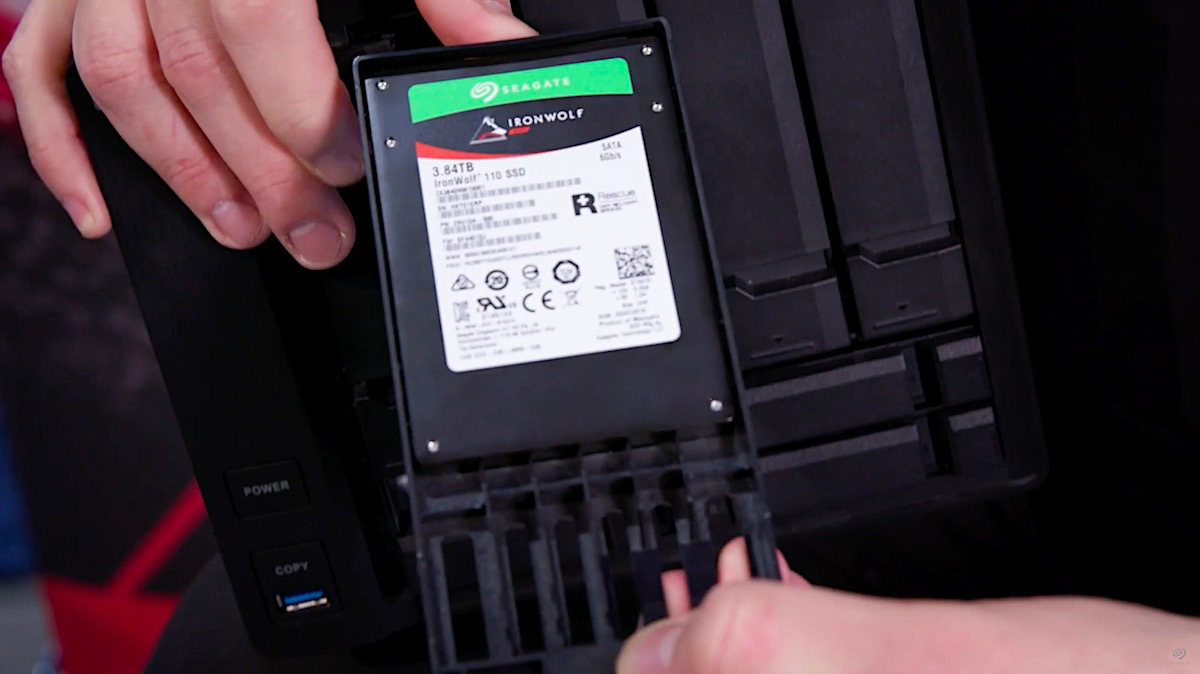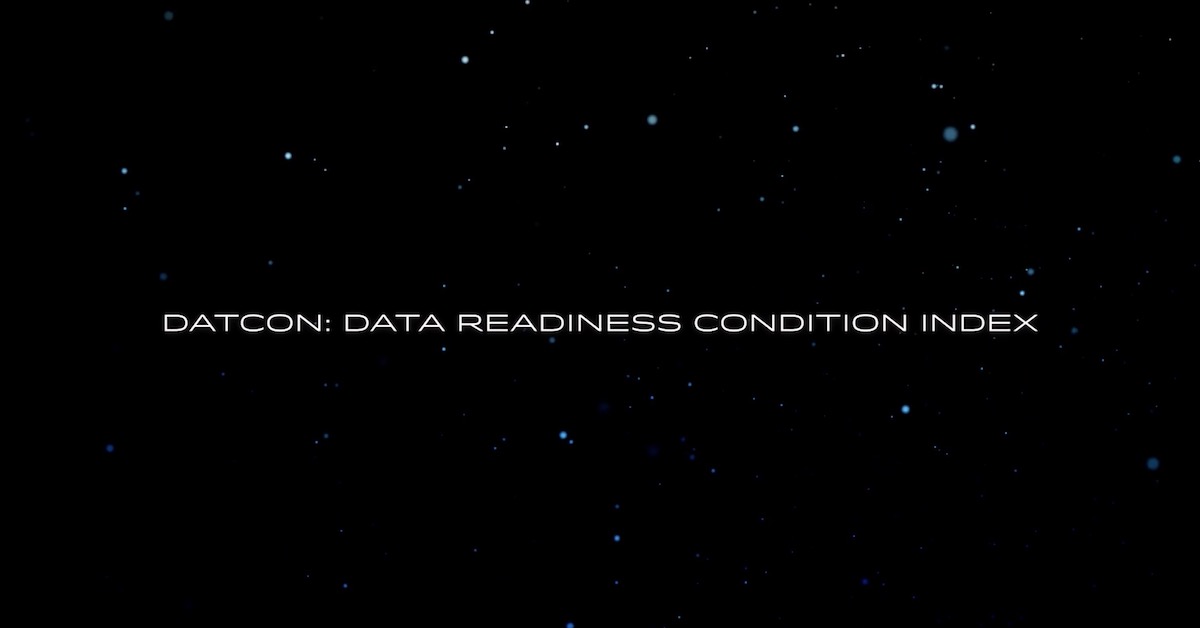.
“SME and enterprise users are increasingly turning to solid state storage, but in the process 99% of them will overpay in 2013 for performance they don’t need and sacrifice capacity, according to industry experts at Tegile Systems.” – via the Wall Street Journal
If this is the case, then man, the time is right for solid state hybrid drives (SSHD) in the enterprise.
I can already see the marketing headline: Overpaying for over-performance? Get a Hybrid.
The article on WSJ online cites Tegile Systems, and in the essence of transparency, Tegile Systems is a “provider of hybrid storage arrays for virtualized server and desktop environments.” That alone should not discount their findings as this article is packed with supporting documentation from the likes of Coughlin Associates and Objective Analysis, Wikibon, and IDC.
In making the case for Hybrid Arrays, I could not help but replace the words “Hybrid Array” with “Hybrid Drive” or SSHD.
- Coughlin Associates and Objective Analysis says that the dominant applications for high performance storage are OLTP and database, and “and more than 60% of those surveyed reported that these applications need only between 1,000 and 100,000 IOPS…hybrid array can service the same workload for a fraction of the cost.” Come to think of it, so would SSHDs.
- IDC says Hybrid Arrays should offer customers “performance, at an attractive price.” That’s always been the claim to fame for SSHDs. Just look at Seagate’s Laptop SSHD value prop.
- Wikibon says, “The hybrid approach is clearly superior both in cost and performance…also holds the potential for further cost savings by reducing the number of processor cores required…” This one deserves a bit more exploration on whether a SSHD would do the same.
With all of the excitement around pure SSD solutions, it’s refreshing to see data that suggest a more hybrid approach makes sense. Forbes said it best, “To achieve the high performance needed with cloud computing, we expect hybrid SSD-HDD enterprise storage drives to become more popular in the future, which should drive growth in Seagate’s enterprise business.”
The timing could not be more perfect.
More on Enterprise SSHD:
Can hybrid drives bring added value to the data center?
Is there a market for a faster enterprise hard drive?









Paying $10-$20 more to have your most used programs and the OS system boot up far quicker is “Over-paying for over-performance?” Someone has never owned a copy of Adobe Photoshop… I swear it takes a full two-minutes to boot up! Now my OS boots up within 20 seconds… Far faster than the quarter-mile time of this article writers mini-van…
It’s not like this is an Apple product, when a PC can be up to 4 times more powerful and faster for the same price as their computers, or the same computing power at a third to quarter the price… Now THAT is overpaying!
Some of us like speed! Yes I’m a nerd who is into computers, graphic design, photography, and programming. I also ride a sport bike! Overpaying would be buying a Ferrari when my $8000 motorcycle can beat most of them… At only ~115 HP… the liter bikes at 180 HP can destroy them…
Stick to your old computer if you don’t like paying for performance! …or maybe sell your old HDD? Have a desktop? Then run it in RAID so if one fails the same data is on both and the files are more accurate. Make sure you wipe it clean several times so no file can be recovered with special programs!
Besides, Seagate teamed up with Acronis to make a program that will clone your original HDD to simplify the process… Not sure if that same program will wipe your old one clean or not, but Acronis does make a program that does that!
[…] Over-paying for over-performance? […]
[…] Over-paying for over-performance? […]
[…] Over-paying for over-performance? […]